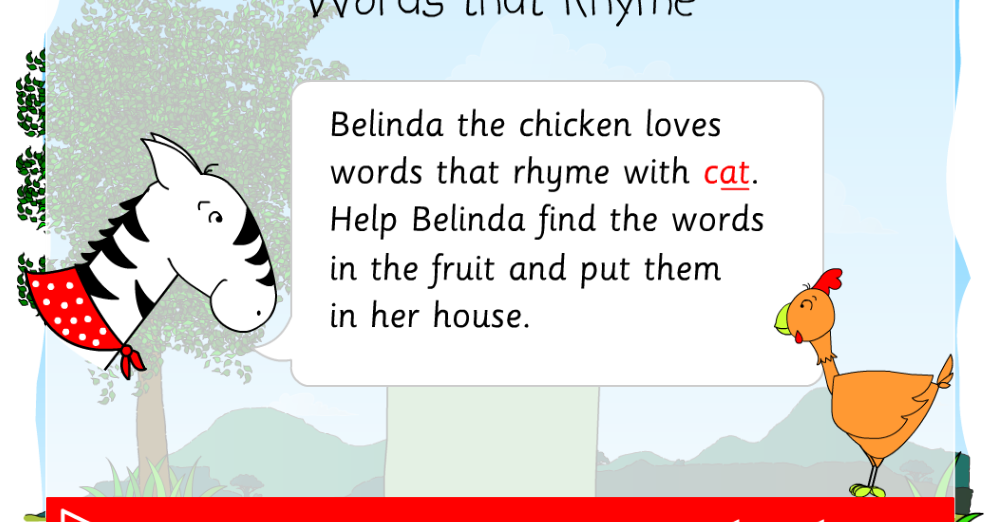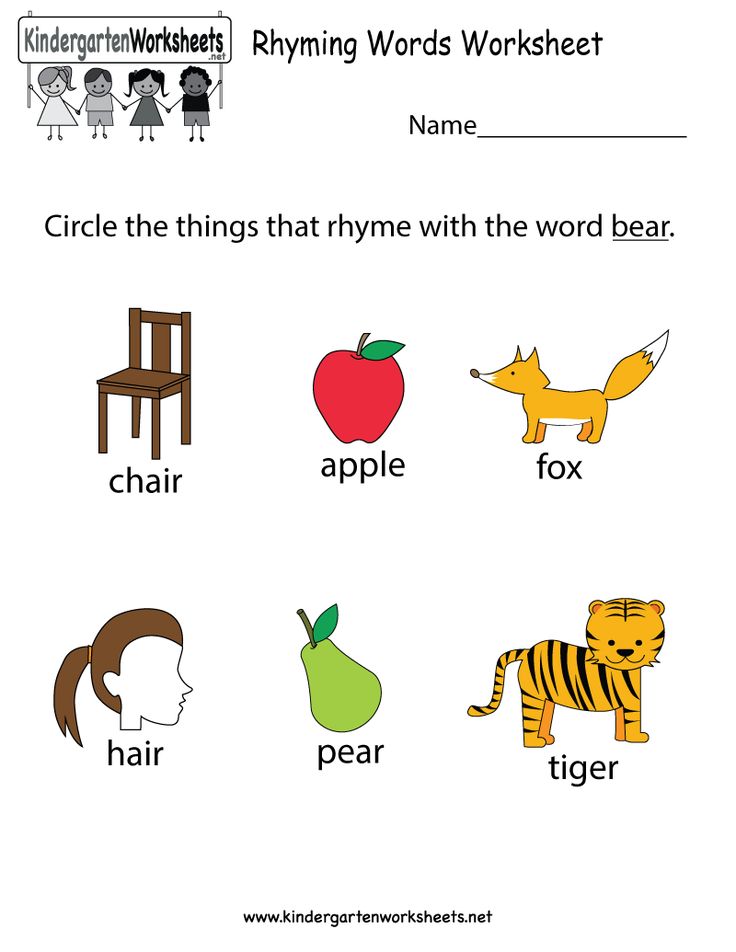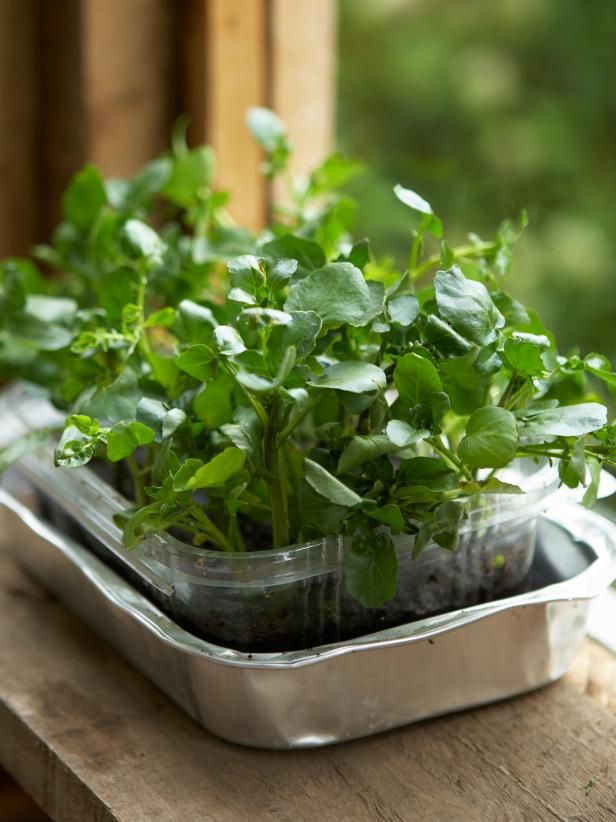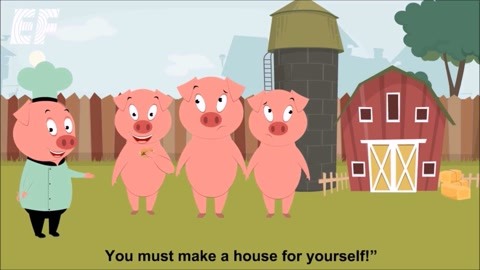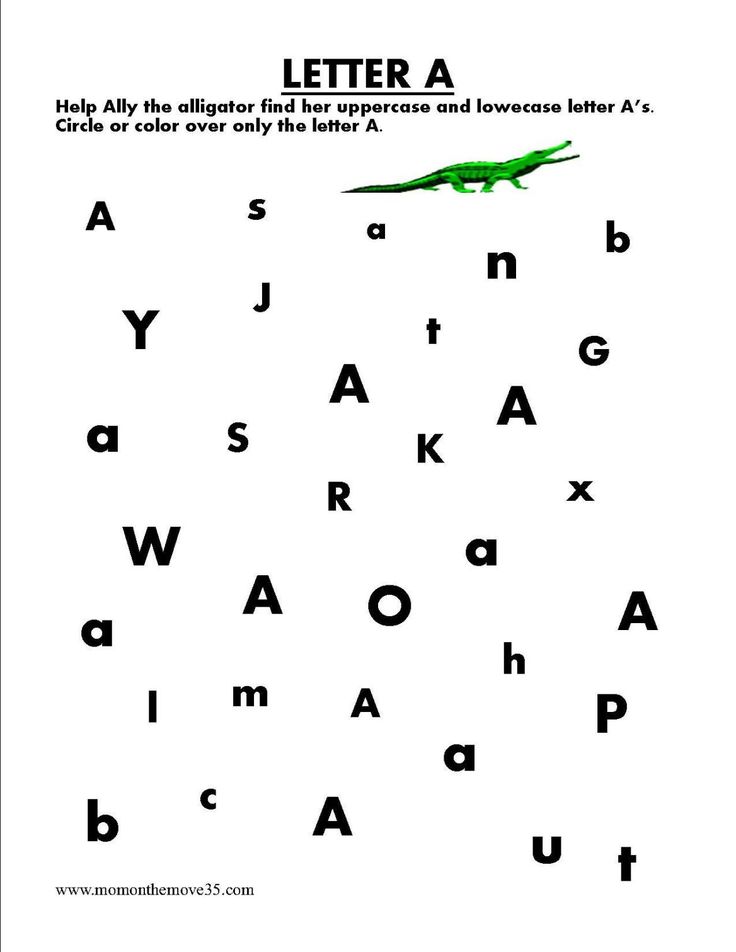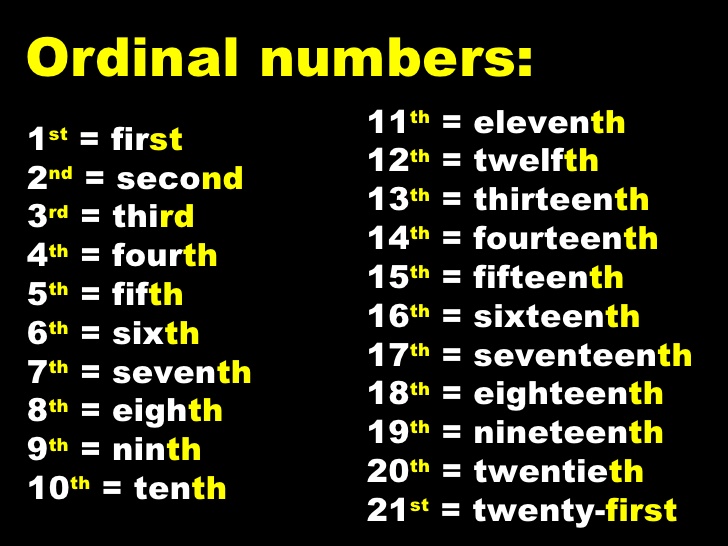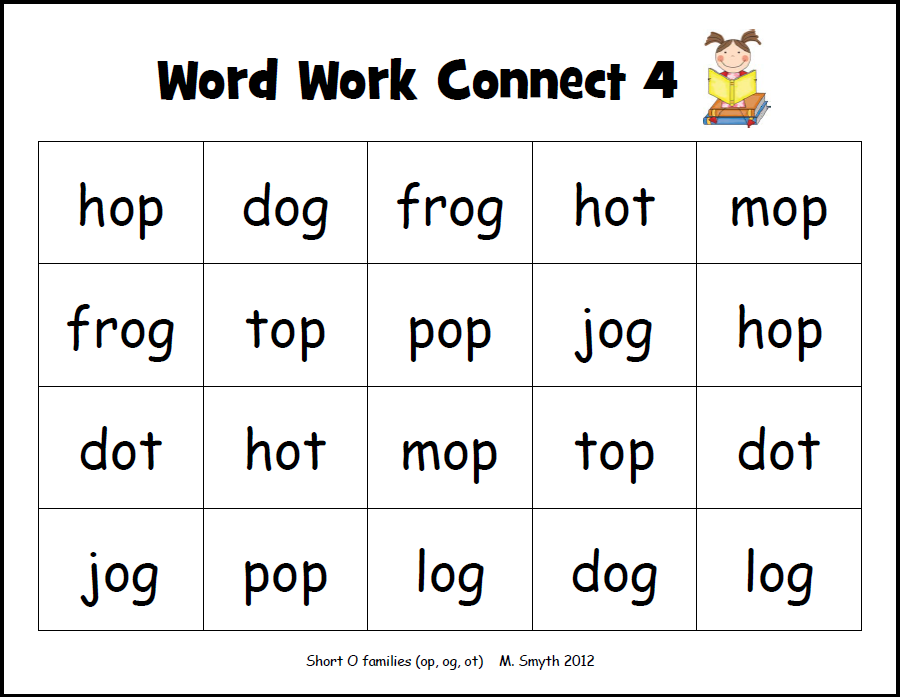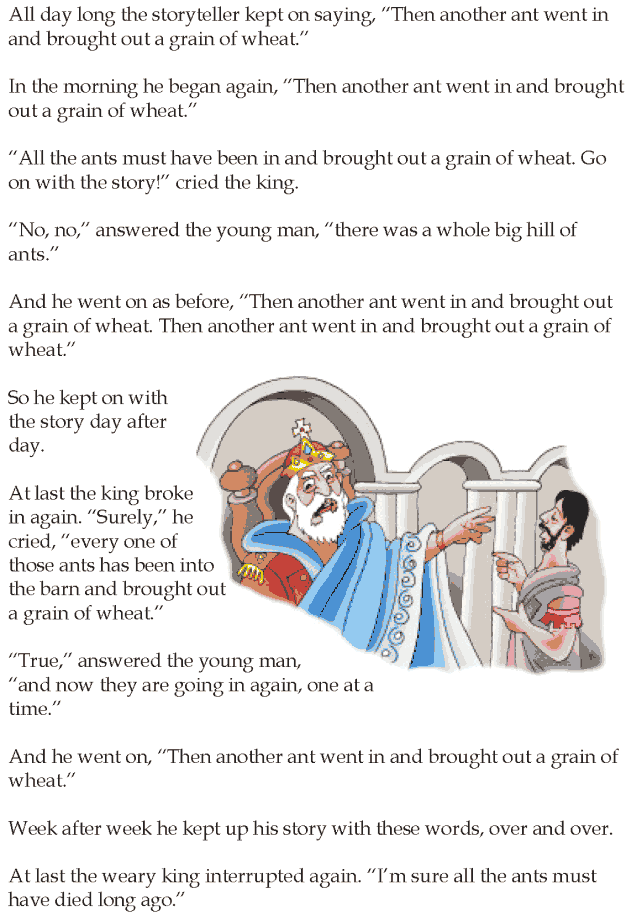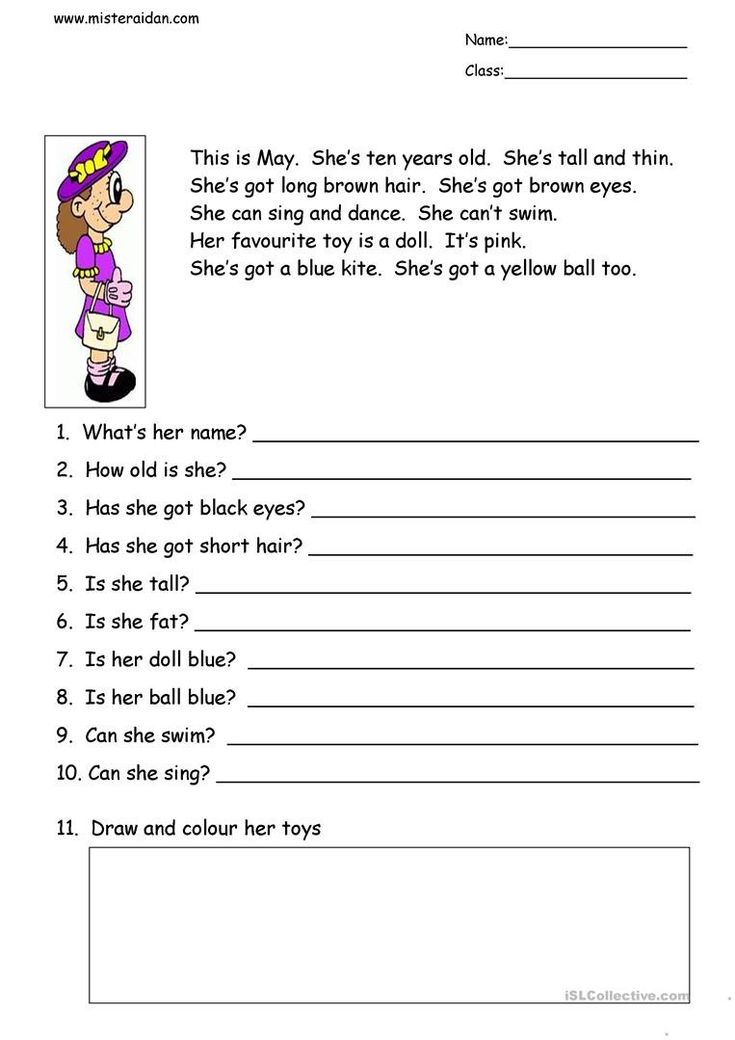Words rhyme with talk
246 best rhymes for 'talk'
1 syllable
- Walk
- Chalk
- Dog
- Hawk
- Stalk
- Fog
- Log
- Caught
- Fought
- Brought
- Broad
- Taught
- Bought
- Lot
- Drop
- Top
- Thought
- Wat
- Squawk
- Gawk
- Balk
- Kalk
- Falk
- Ought
- Op
- Fraud
- Blog
- Sought
- Kong
- Bog
- Cog
- Snog
- Sawed
- Flawed
- Called
- Haunt
- Fault
- Tossed
- Caused
- Talked
- Walked
- Watched
- Soft
- Salt
- Lost
- Crossed
- Cost
- Want
- Snot
- Cocked
- Mod
- Naught
- Wrought
- Thawed
- Clawed
- Haut
- Gnawed
- Awed
- Dong
- Jawed
- Laude
- Fraught
- Baud
- Quod
- Fop
- Pawed
- Bald
- Aunt
- Honk
- Frost
- Mosque
- Flaunt
- Tonk
- Taunt
- York
- Vault
- Halt
- Short
- Bored
- Snort
- Court
- Lord
- Sword
- Sort
- Glaub
- Fob
- Staub
- Forced
- Clogged
- Sport
- Crawled
- Paused
- Fork
- Swamp
- Spawned
- Loft
- Wronged
- Coughed
- Longed
- Malt
- Walt
- Dawned
- Mauled
- Sprawled
- Swapped
- Stalked
- Stalled
- Logged
- Pawned
- Croft
- Hauled
- Oft
- Chalked
- Warned
- Dogged
- Scoffed
- Glossed
- Daunt
- Walled
- Scrawled
- Gaunt
- Bogged
- Jaunt
- Scald
- Oct
- Galt
- Yawned
- Wond
- Conte
- Auld
- Hawked
- Quashed
- Pronged
- Aust
- Ford
- Formed
- Cord
- Launched
- Pork
- Poured
- Fort
- Swamped
- Ward
- Stored
- Morgue
- Scored
- Warp
- Port
- Horde
- Warped
2 syllables
- Tupac
- Sidewalk
- Warlock
- Boardwalk
- Mohawk
- Airlock
- Catwalk
- Seahawk
- Blackhawk
- Sleepwalk
- Nighthawk
- Jaywalk
- Bulldog
- Hotdog
- Leapfrog
- Eggnog
- Acog
- Kellogg
- Bullfrog
- Gundog
- Applaud
- Beyond
- Distraught
- Abroad
- Onslaught
- Outlawed
- Forethought
- Begot
- Rethought
- Treetop
- Defraud
- Ragtop
- Maraud
- Seesawed
- Assault
- Kiosk
- Toward
- Record
- Support
- Ignored
- Afford
- Exhaust
- Appalled
- Asphalt
- Belonged
- Default
- Installed
- Prolonged
- Enthralled
- Uncalled
- Aloft
- Defrost
- Cobalt
- Recalled
- Lacoste
- Exalt
- Accost
- Embossed
- Beaumont
- Renault
- Oswald
- Crisscrossed
- Ringwald
- Northolt
- Resort
- Report
- Award
- Keyboard
- Abort
- Reward
- Passport
- Aboard
- Absorb
3 syllables
- Tomahawk
- Underdog
- Poppycock
- Dialogue
- Catalog
- Monologue
- Analog
- Synagogue
- Epilogue
- Catalogue
- Dialog
- Juggernaut
- Afterthought
- Overwrought
- Cosmonaut
- Argonaut
- Holocaust
- Microsoft
- Somersault
- Thunderbolt
- Overhauled
- Pentecost
- Uninvolved
Want to find rhymes for another word? Try our amazing rhyming dictionary.
If you write lyrics you should definitely check out RapPad. It has tons of useful features for songwriters, lyricists, and rappers.
Near rhymes with talkB-Rhymes | B-Rhymes
| Word | Pronunciation | Score ? | ||
|---|---|---|---|---|
| 1 | stalk | s_tawk | 1941 | Definition |
| 2 | stalked | s_tawk_t | 1941 | Definition |
| 3 | dak | dawk | 1932 | Definition |
| 4 | squawk | s_k_wawk | 1932 | Definition |
| 5 | gawk | gawk | 1921 | Definition |
| 6 | taught | tawt | 1846 | Definition |
| 7 | taut | tawt | 1846 | Definition |
| 8 | distraught | dis_t_rawt | 1846 | Definition |
| 9 | caught | kawt | 1837 | Definition |
| 10 | scaup | s_kawp | 1837 | Definition |
| 11 | brought | b_rawt | 1826 | Definition |
| 12 | bought | bawt | 1826 | Definition |
| 13 | walk | wawk | 1822 | Definition |
| 14 | auk | awk | 1777 | Definition |
| 15 | crosstalk | k_rostawk | 1761 | Definition |
| 16 | beanstalk | beens_tawk | 1761 | Definition |
| 17 | chalk | chawk | 1734 | Definition |
| 18 | hawk | hawk | 1734 | Definition |
| 19 | daud | dawd | 1731 | Definition |
| 20 | claude | k_lawd | 1731 | Definition |
| 21 | daub | daw_awb | 1731 | Definition |
| 22 | daube | daw_awb | 1731 | Definition |
| 23 | claud | k_lawd | 1731 | Definition |
| 24 | applaud | uhp_lawd | 1731 | Definition |
| 25 | broad | b_rawd | 1720 | Definition |
| 26 | abroad | uhb_rawd | 1720 | Definition |
| 27 | truck | t_rak | 1705 | Definition |
| 28 | instruct | ins_t_rak_t | 1705 | Definition |
| 29 | reconstruct | reekuhns_t_rak_t | 1705 | Definition |
| 30 | tuck | tak | 1705 | Definition |
| 31 | obstruct | obs_t_rak_t | 1705 | Definition |
| 32 | destruct | dis_t_rak_t | 1705 | Definition |
| 33 | construct | kuhns_t_rak_t | 1705 | Definition |
| 34 | stuck | s_tak | 1705 | Definition |
| 35 | struck | s_t_rak | 1705 | Definition |
| 36 | stock | s_tok | 1705 | Definition |
| 37 | besought | bisawt | 1701 | Definition |
| 38 | sought | sawt | 1701 | Definition |
| 39 | dux | dak_s | 1695 | Definition |
| 40 | induct | indak_t | 1695 | Definition |
| 41 | puck | pak | 1695 | Definition |
| 42 | pocked | pok_t | 1695 | Definition |
| 43 | pock | pok | 1695 | Definition |
| 44 | pluck | p_lak | 1695 | Definition |
| 45 | koch | kok | 1695 | Definition |
| 46 | klux | k_lak_s | 1695 | Definition |
| 47 | kluck | k_lak | 1695 | Definition |
| 48 | pox | pok_s | 1695 | Definition |
| 49 | duct | dak_t | 1695 | Definition |
| 50 | duck | dak | 1695 | Definition |
| 51 | adduct | uhdak_t | 1695 | Definition |
| 52 | croc | k_rok | 1695 | Definition |
| 53 | cox | kok_s | 1695 | Definition |
| 54 | coq | kok | 1695 | Definition |
| 55 | concoct | konkok_t | 1695 | Definition |
| 56 | cock | kok | 1695 | Definition |
| 57 | cluck | k_lak | 1695 | Definition |
| 58 | clock | k_lok | 1695 | Definition |
| 59 | abduct | aabdak_t | 1695 | Definition |
| 60 | crocked | k_rok_t | 1695 | Definition |
| 61 | cruck | k_rak | 1695 | Definition |
| 62 | crux | k_rak_s | 1695 | Definition |
| 63 | doc | dok | 1695 | Definition |
| 64 | doch | dok | 1695 | Definition |
| 65 | crock | k_rok | 1695 | Definition |
| 66 | dock | dok | 1695 | Definition |
| 67 | deduct | didak_t | 1695 | Definition |
| 68 | box | bok_s | 1685 | Definition |
| 69 | block | b_lok | 1685 | Definition |
| 70 | brock | b_rok | 1685 | Definition |
| 71 | glock | g_lok | 1685 | Definition |
| 72 | bock | bok | 1685 | Definition |
| 73 | bloch | b_lok | 1685 | Definition |
| 74 | bloc | b_lok | 1685 | Definition |
| 75 | unblock | anb_lok | 1685 | Definition |
| 76 | gogh | gok | 1685 | Definition |
| 77 | buck | bak | 1685 | Definition |
| 78 | ought | awt | 1682 | Definition |
| 79 | aught | awt | 1682 | Definition |
| 80 | harcourt | harrkawt | 1657 | Definition |
| 81 | cakewalk | ke_ikwawk | 1642 | Definition |
| 82 | sleepwalk | s_leepwawk | 1642 | Definition |
| 83 | sidewalk | sah_idwawk | 1642 | Definition |
| 84 | catwalk | kaatwawk | 1642 | Definition |
| 85 | boardwalk | bawr_dwawk | 1642 | Definition |
| 86 | norwalk | nawrwawk | 1642 | Definition |
| 87 | unthought | anthawt | 1639 | Definition |
| 88 | bethought | bithawt | 1639 | Definition |
| 89 | thoughts | thawt_s | 1639 | Definition |
| 90 | thought | thawt | 1639 | Definition |
| 91 | nought | nawt | 1639 | Definition |
| 92 | overwrought | uh_uuvuhrrawt | 1639 | Definition |
| 93 | fraught | f_rawt | 1639 | Definition |
| 94 | fought | fawt | 1639 | Definition |
| 95 | wrought | rawt | 1639 | Definition |
| 96 | maude | mawd | 1621 | Definition |
| 97 | maud | mawd | 1621 | Definition |
| 98 | trot | t_rot | 1610 | Definition |
| 99 | tug | tag | 1610 | Definition |
What is B-Rhymes?
B-Rhymes is a rhyming dictionary that's not stuck up about what does and doesn't rhyme.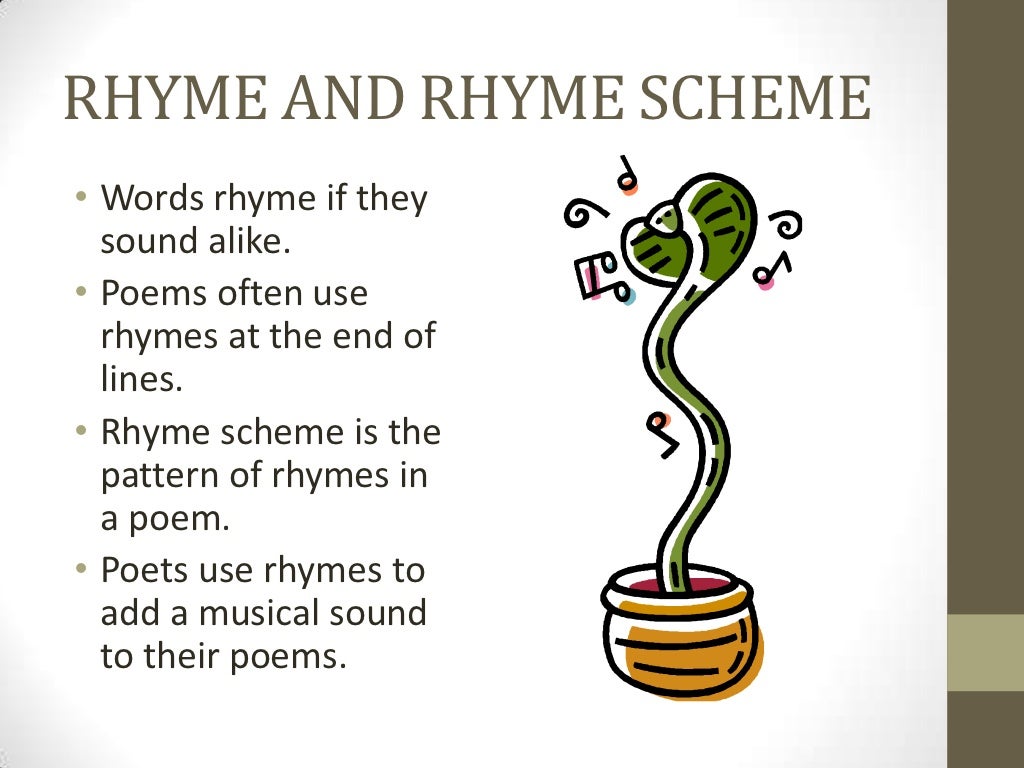 As well as regular rhymes, it gives you words that sound good together even though they don't technically rhyme.
As well as regular rhymes, it gives you words that sound good together even though they don't technically rhyme.
Online word rhyme generator
To find rhymes, enter the desired word and click the Match button. See a detailed video tutorial here.
You can search by names, fragments of words, and even by endings, specify the part of speech and select the number of syllables, to see the right word in the rhymes of Pushkin, Lermontov, Yesenin and Akhmatova!
1. Enter the word to which you need to find a rhyme
2. How to choose: Find rhyme in poets Pick from a dictionary
3. Choose the part of speech of the future rhyme (optional) any verb noun adjective adverb pronoun
4. Choose the number of syllables in the future rhyme (optional) no matter23456
Bookmark the site by pressing the key combination Ctrl+D to quickly open the service in the browser in the future. Click here to share this page on social media.
Rhymes with 'verses'
✔ The best rhyming words for 'verses': strokes - spirits - quiet - sins - dashing - tops - dilapidated - dusty - dry - bad - deaf - workshops - suitors - husks - not bad - shepherds - roosters - nonsense ... Only 99 rhymes.
Machi
mehi
psycho
sins
Quiets
Lugs
Czechs
Durab
dashing
Versha
Spirits
Fly
Bruces
LIPS
SUPERS
crumbs 9000
reichs
fleas
blockheads
bronchi
rumors
laughs
dry
deaf
deaf and deaf
0003
Monarchs
Doctors
dislocations
exhale
jaundice
grooms
husk
Mesh
Putting
9000 9000 butts
flashes
fun
holes
devastation
Kazakhs
old women
nuts
staves
Armor
are good 9000 blunders
eras
airs
dirty tricks
interference
patriarchs
watchmen
famines
Pressules
Turtles
Sunflower
Cherymukhi
Dvivchikha
OFLUHERS
bustle
Almanacs
Sloks
Why are the rhythmes of the edition of the edition of the TRUMEF?
- Because the selection of rhymes takes into account the maximum possible consonance.
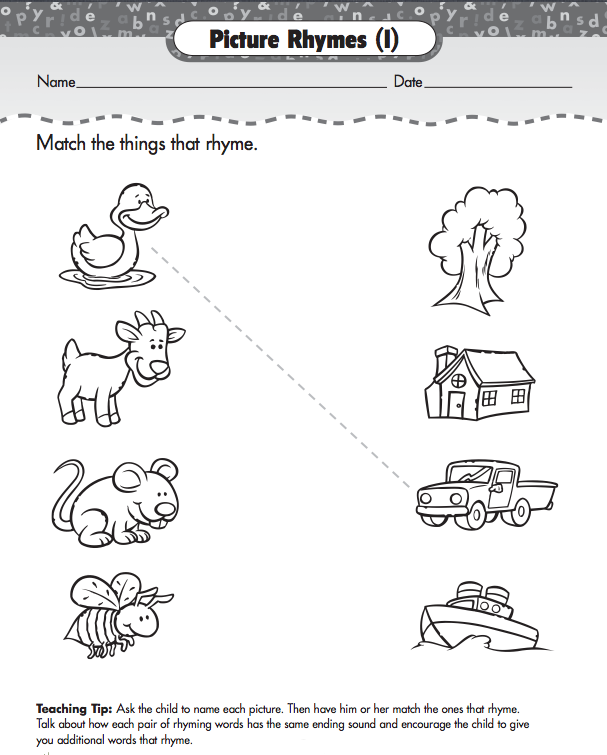
- Huge database contains more than half a million search words.
- The best rhymes are always at the top of the list.
- Accounting for the number of syllables, allows you to select the stress and adapt to the size of the verse.
- The choice of a part of speech for rhyme facilitates the construction of semantic content.
- A large number of proposed options allows you to build assonances and alliterations.
- The service page does not contain ads.
- Can be used on mobile devices: tablets or phones.
- A unique algorithm allows you to use endings, abbreviations and even made-up words to search.
- Antonyms, synonyms and anagrams can also be used to match rhymes.
- Remarkable feature: find the rhymes for the right word in the poems of the Great Poets.
- Our generator provides more features and works better than other dictionaries and poets' assistants, like rhymer, rhymer, rhymer, rhymer, rhymer and others.
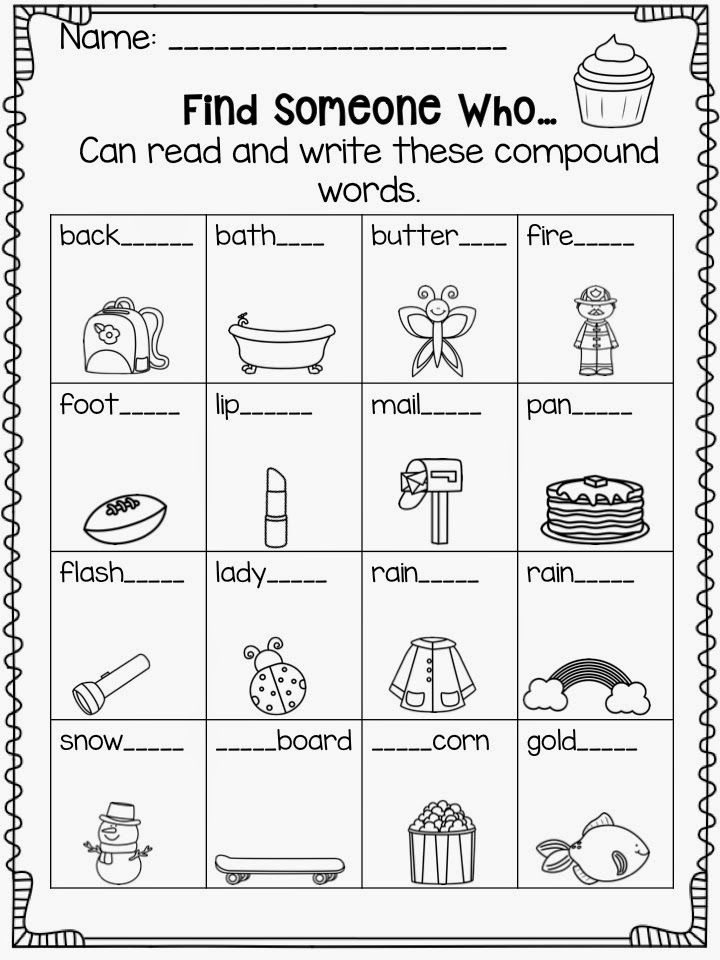
How to choose a rhyme?
The search for words in the works of great poets is carried out according to the editions of the 50-60s of the last century. As a result of the search, separate lines of various poems are displayed.
The video tag is not supported by your browser. Download the video.Please share information about our website in social networks:
| TREATMENT ON POSING. Timofey J. Skorenko. Introduction.One day I had a desire to write something like a small textbook that could give something new to both beginner and professional poets. The result is in front of you. I honestly tried to present the material in the simplest language, so to speak, colloquial, without going into details and without using too many technical terms. But it didn’t work out, because without theory you can’t go anywhere. Yes, it is much easier to write poetry when it comes from within, rather than starting from theory. Among other things, I believe (I emphasize - this is my personal opinion) that poetry should not only be listened to in the author's performance, but also well read. Poems must survive the author. At least not for long. And now it is fashionable to write "masterpieces" that can only be perceived in the form of groaning and screeching of the author. Once, at a literary get-together, I heard a "poetess" who hoarsely shouted terrible nonsense about a girl who had gouged her eye out on a gas stove. I got sick. I beg you, refrain from delirium, invest in poetry a meaning that is slightly veiled, but not abstract. I will give three main pieces of advice at the very beginning : 1) to write good poetry, you need to read a lot of good poetry! This is the most important rule. 2) If you wrote from the heart, it does not mean that the poem is good. Any poem needs to be re-read and corrected, shredded after some time - and no one but you will do this. Poems are rarely written the first time. Have you seen Pushkin's drafts? There are more fixes than normal clean lines! And you, sorry, are not Pushkin. And I'm not Pushkin. Therefore, we should not see anything behind the corrections at all. 3) Find a new, unhackneyed theme for your poem . And if you are writing on a traditional topic (love or autumn, yes, your imagination is tight?), find new words and ideas for this . I am writing this for only one reason: I will not teach you what to write about . This is up to you. So let's get started. Sister, scalpel! Chapter 1. Rhyme. Of course, one of the most important factors in versification is rhyme. By the way, I can only say this when speaking about Slavic languages: for example, ancient Greek poems or even modern English-language poems most often do not have rhymes. I will not write about what rhyme is and how it is used - this is perfectly clear without me. But what is good and bad rhyme - we will analyze. The only thing I would like to add at the very beginning is the golden rule of poetry: rhyme should either be everywhere, or it should not be anywhere . If it is in pieces, then it seems that the poet is simply incompetent. I didn’t know how to rhyme, well, I left it to my will. In addition, when you read poetry in front of serious gentlemen from the jury of any poetry or music festival, with a poorly delivered rhyme, something like this happens. The jury members listen and suddenly stumble upon a place where the rhyme is missing, or it is bad. The next two or three verses, while you are reading or singing, they no longer listen to you, but happily discuss your mistake, completely losing the meaning of the story. By the way, the same applies to the syllable. But about the syllable - later. 1.1. Poems without rhyme.Of course, in Russian versification there are poems without rhyme. Moreover, there are quite a few varieties of non-rhyming poems. The first variety is white verses, verses without rhymes. White verse must contain the size . Classical examples of white verse can be the works of A. Koltsov: In modern poetry, blank verse is not very common: We will sit on the pipes at the beginning of the ring road. , with a warm wind, you will have a chamber smoke from the factory, pythevnoye Star of the Yellow Tapelka of the Traffic Light ... (I. Dyagileva) The apogee of non-rhyming poetry (even if I treat such things very coldly) are free verse (French vers libre - free verse). Ver libre has neither rhyme nor syllable. It is essentially prose divided into lines. Free verse appeared much earlier than other types of poems and developed in parallel with them. Ver libre reached a high level in American poetry. I will give a few examples from classical free verse in Russian translations. And what I accept, you will accept. For every atom that belongs to me belongs to you. I wander around doing nothing and, bending lazily, I look at the summer blade of grass. Born here of parents born here of parents also born here, Now, thirty-seven years old, in perfect health, I begin this song And I hope not to finish before death. Let them step back a little, they are good where they are, we will not forget them either. I accept nature as it is, I allow it at any time, always To speak freely with primal force. (W. Whitman, translated by K. Chukovsky) Here is another example: art this actor talking 5 at the back of the stage. Third of which you do not see Talking Won with those scenes of which you do not hear. (W. Lowenfels, translated by V. Rogov) So-called prose poems are close to vers libre - small emotionally rich lyrical works in prose without signs of meter and rhyme. (I. S. Turgenev) Other types of non-rhyming poem are haiku , tanka and a few others. Specific Japanese poetry, to be honest, is completely unsuitable and, moreover, not intended for translation into Russian and interpretation. Firstly, these verses reflect a philosophy that is completely alien to us, and secondly, the difference between these types is lost in translation, although it is present in the original. Haiku (haiku, hai-kai) - a genre of Japanese poetry; unrhymed three-line, derived from the tank and consisting of 17 syllables (5 + 7 + 5). They originated in the 16th century during the extraordinary flowering of Zen Buddhism, which had state status. Only a trained master who had gone a long way to improve and hone his literary skills could write true haiku. Knowledge of haiku and the ability to compose them eventually became an integral part of the upbringing of a Japanese samurai warrior, who was supposed to have equanimity of spirit, detachment and the ability to admire the beauty of the mortal world. Basho (1644-169) were the classics of Japanese poetry who created unsurpassed examples of haiku. Oh, I'm in it as a guest... where are you? Where is death, or where is life? In principle, you can find at least a dozen more varieties of poetic forms that are not burdened with rhyme (for example, ancient Roman poetry), but I will not give them here, because the purpose of this treatise is to teach Russian versification specifically. Well, in fact, you can use non-rhyming elements. For example: Cut thinly on a dish, Sit next to me, drink, eat, But here I didn't come up with a rhyme... (A. Bal) The absence of a rhyme is also acceptable in some songs, when the melody is sustained in such a way that it "obscures" the incorrect construction of the poetic line. For example, Suitable for roof edge And waves from the roof. Hear: "Good bye, my baby!" And tears off the body, And spreads its wings, And flies into the sky. (A. Shcherbina) A very peculiar variety of rhymes, which, nevertheless, cannot be classified as full-fledged, was introduced into use by I. Rukavishnikov in the 1920s. These are the so-called semi-rhymes . Semi-rhymes are based on the consonance of line endings, but they are not a full-fledged rhyme, since they do not obey the general rules of rhyming, do not respect the number of rhyming syllables, and are distinguished by artificial negligence. The following lines can serve as examples of a semi-rhyme: I want to hug your belt with my hand. Look at me, look at me lovingly. And maybe love will enter me. (I. Rukavishnikov) I am wounded by the snake of search. I will grieve you, you, in love. I need to put a lot of urns in the crypt. And I will wound my soul with stormy betrayal. |

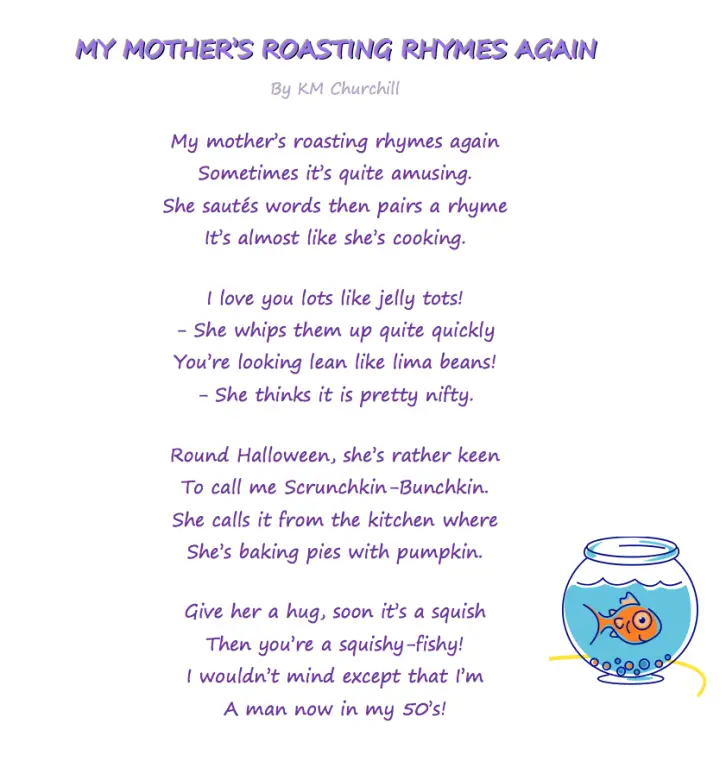 Nevertheless, in order for the poem to be not just sincere, but beautiful and filled with meaning, you need at least a little understanding of the technique. Forgive me in advance - I also introduced a lot of any terminology into use.
Nevertheless, in order for the poem to be not just sincere, but beautiful and filled with meaning, you need at least a little understanding of the technique. Forgive me in advance - I also introduced a lot of any terminology into use. 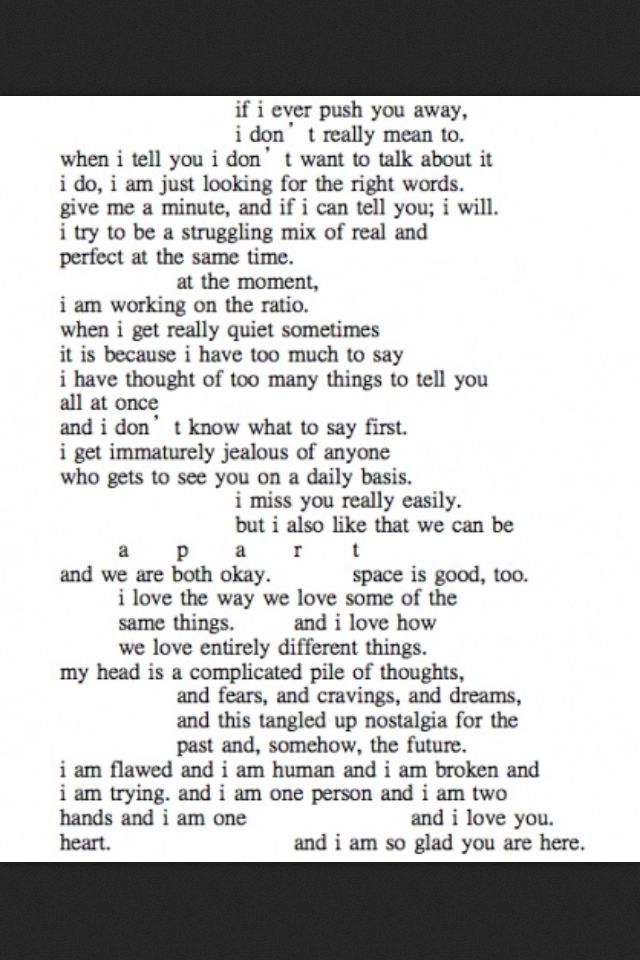
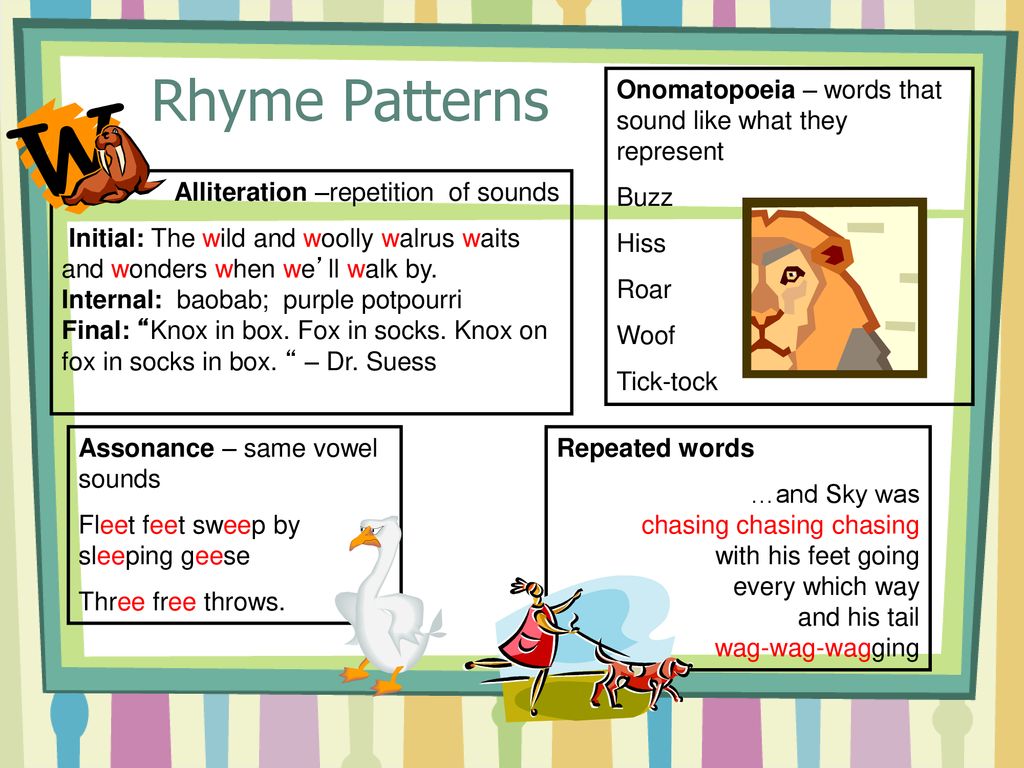 Well, this is a matter of taste of the author or the development of culture. Slavic language culture implies the presence of rhyme.
Well, this is a matter of taste of the author or the development of culture. Slavic language culture implies the presence of rhyme. 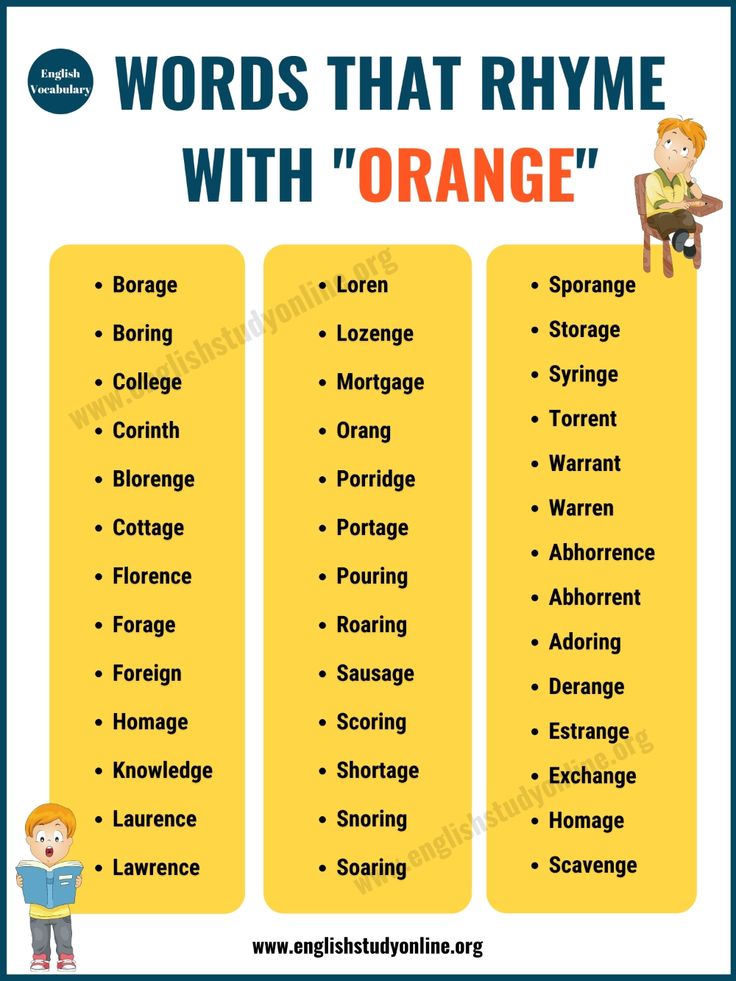 This, of course, should be avoided.
This, of course, should be avoided.  Technically, white verse is very simple: it is enough to observe the size and follow the meaning. In view of the simplicity of technical execution, white verses must contain something that will “eclipse” the absence of rhyme. For Koltsov, such an element is the stylization of folk art, a workshop, by the way. By the way, Longfellow's "Song of Hiawatha" is also a stylization of the epic (actually, this is the epic).
Technically, white verse is very simple: it is enough to observe the size and follow the meaning. In view of the simplicity of technical execution, white verses must contain something that will “eclipse” the absence of rhyme. For Koltsov, such an element is the stylization of folk art, a workshop, by the way. By the way, Longfellow's "Song of Hiawatha" is also a stylization of the epic (actually, this is the epic).  what awaits us, stop thinking,
what awaits us, stop thinking, 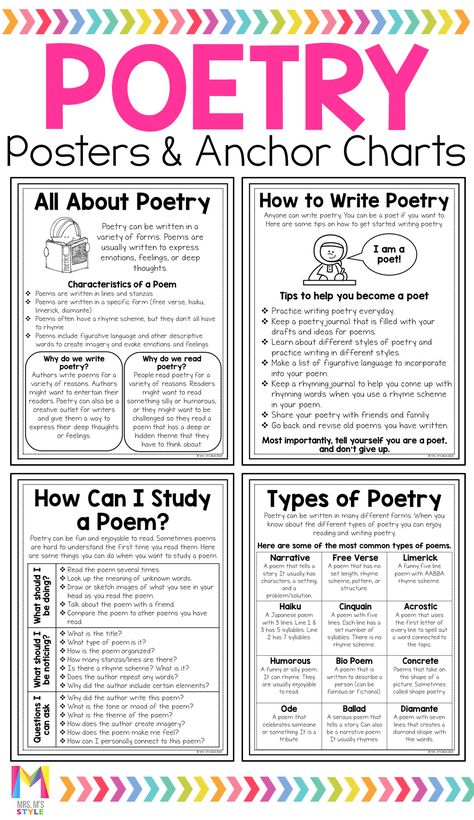

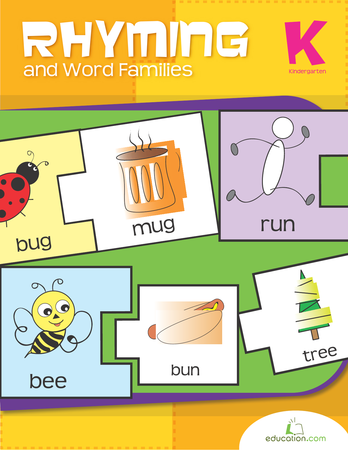 Distinctive features - melody and melodiousness.
Distinctive features - melody and melodiousness. 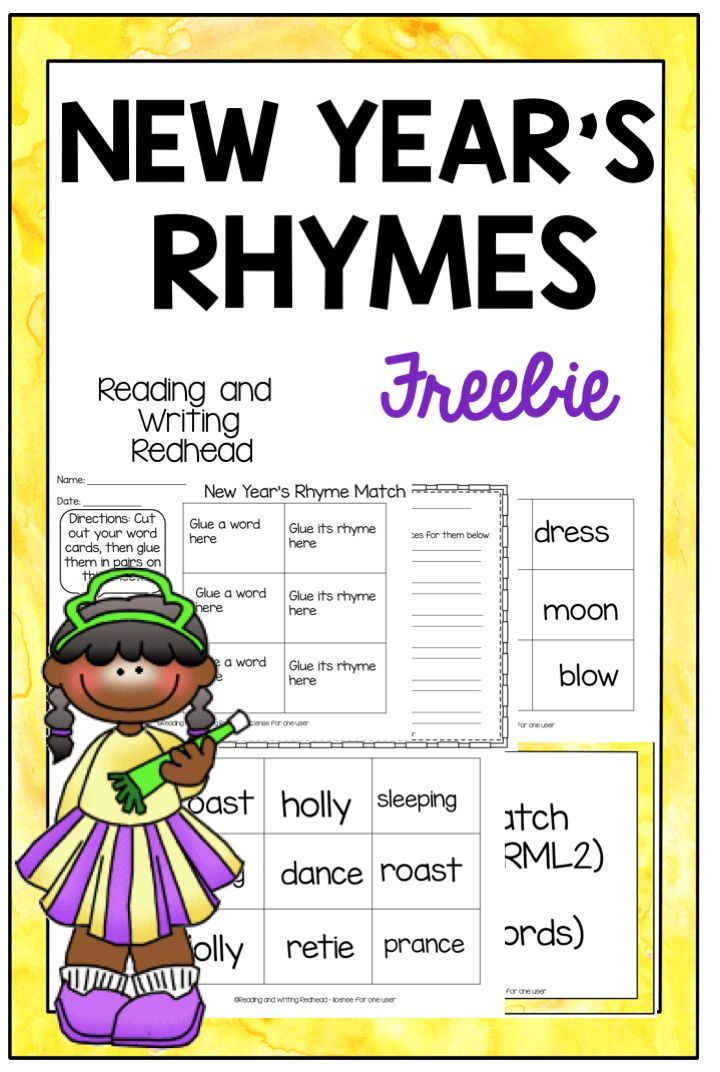 From my point of view, writing haiku or tanka in Russian is just stupidity, about the same as if a Japanese would write rhymed quatrains in Japanese about Russian nature and birch trees. The specificity of Japanese poetry is justified by the language in which there are no long and short syllables, stressed and unstressed syllables and, therefore, there are no stops.
From my point of view, writing haiku or tanka in Russian is just stupidity, about the same as if a Japanese would write rhymed quatrains in Japanese about Russian nature and birch trees. The specificity of Japanese poetry is justified by the language in which there are no long and short syllables, stressed and unstressed syllables and, therefore, there are no stops. 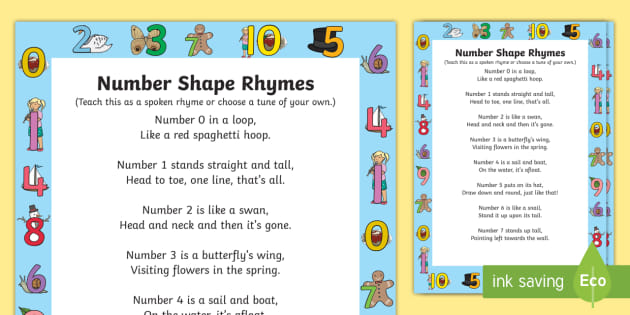 4) and Ransetsu (1654-1707).
4) and Ransetsu (1654-1707). 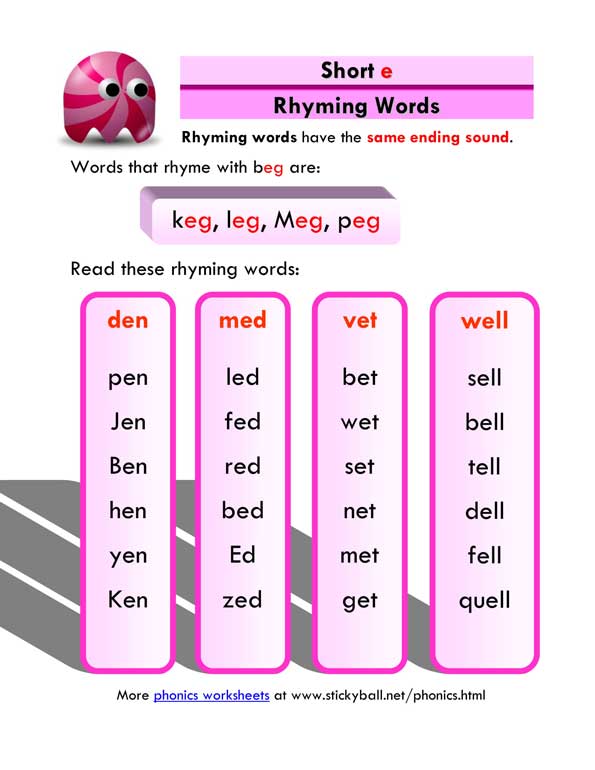 ..with a big caesura after every 4th verse. It contradicts the general law of Japanese stanza, which requires the number 5 in the first place. The form took root under Chinese influence. As an example, I will give kata-uta:
..with a big caesura after every 4th verse. It contradicts the general law of Japanese stanza, which requires the number 5 in the first place. The form took root under Chinese influence. As an example, I will give kata-uta: 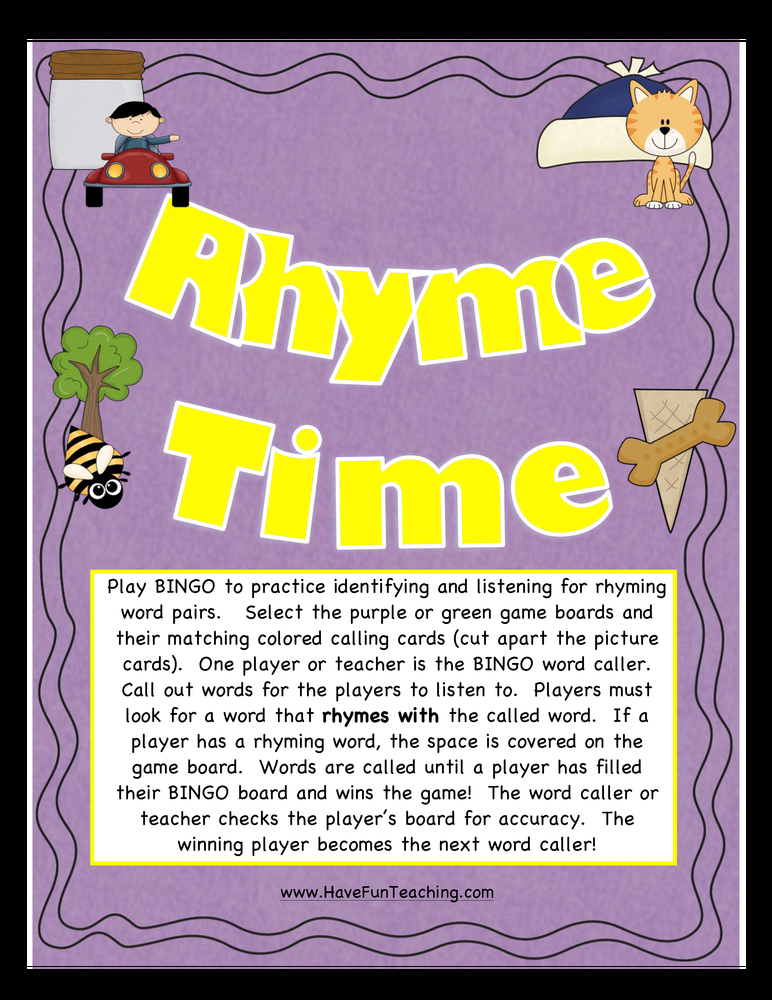 In general, rhyme need !
In general, rhyme need !  Such a technique - a combination of non-rhyming and rhyming lines - is called arithmia .
Such a technique - a combination of non-rhyming and rhyming lines - is called arithmia . 